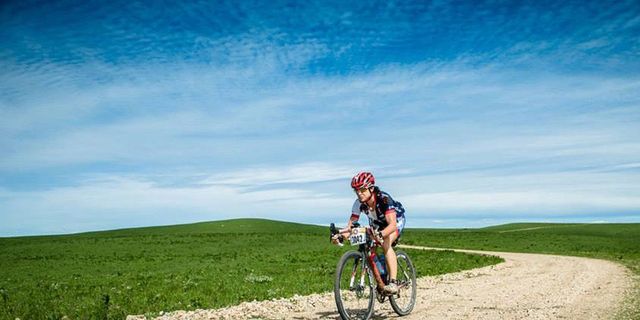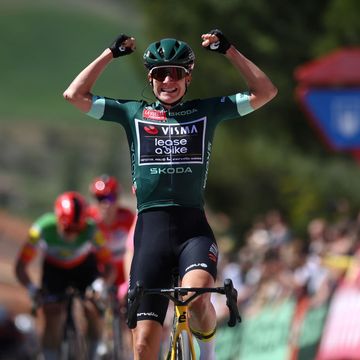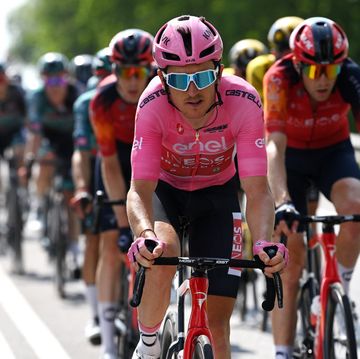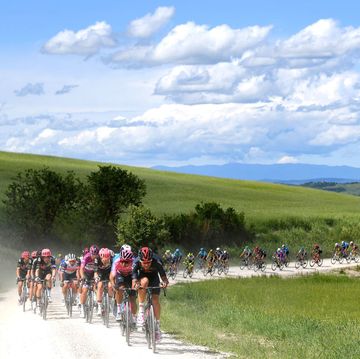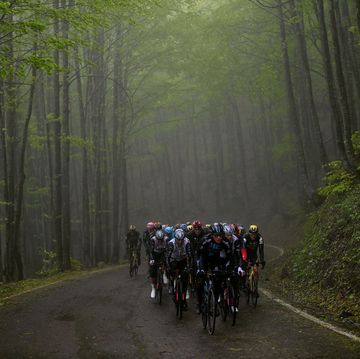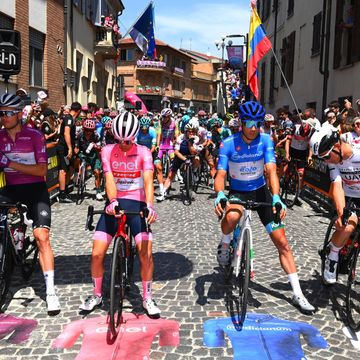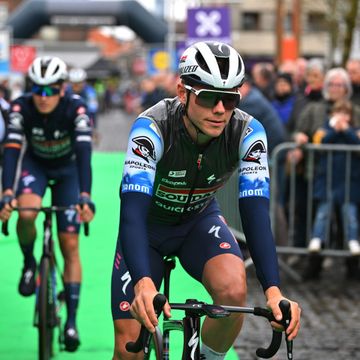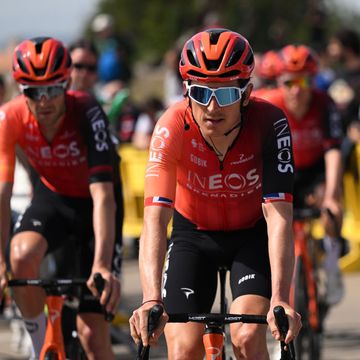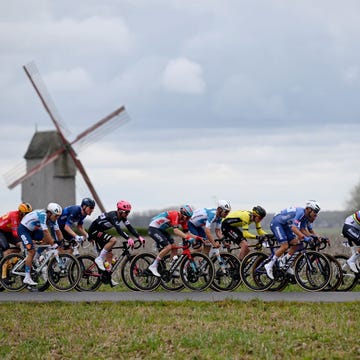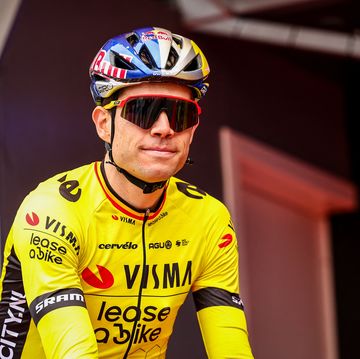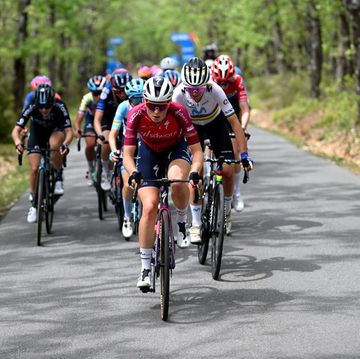Last year marked the 10th anniversary of the Dirty Kanza 200—that grueling, punishing, soul-crushing gravel grinder that we all somehow dream of riding one day (because we’re crazy). The 200-mile event, held every June on the back roads outside Emporia, Kansas, has been wildly popular throughout its 10-year existence. But for years, organizers had been noticing two things: First, women’s participation remained at a consistently low 10 percent. And second, of the women who did sign up for the race, their finish rates—and finish times—were on par with averages for the men.
RELATED: Great Gravel Bike Rides
So this week, Dirty Kanza Promotions made an announcement for the 2017 race: When registration opens up this January 14, 200 of the available 1000 spots for the 200-mile race will be secured for women. It’s a step toward equality, says Dirty Kanza Operations Manager LeLan Dains, who conceived of the "200 Women Riding 200 Miles" project.
“Most of this campaign is about encouraging and empowering women and giving them the tools they need to do the race,” says Dains. “Taking on the Dirty Kanza 200 is no small feat and it requires a lot of sacrifice and a lot of hard work to come down that finish line as a finisher, and that shouldn’t be an exclusively male experience. We want more women to experience it as well.”
RELATED: How to Crush Your First Race
Dains says women face a few extra barriers to participating in a long endurance event like the Dirty Kanza. From conducting polls, the race had found that there was still an underlying sentiment that women are responsible for more than half of the childcare and homemaking responsibilities, giving them less time to train. Women were also not as frequently raised in bicycle culture as men, so often felt less confident doing repair work. For a long-distance, self-supported ride like the DK200, that seemed to be a big deterrent, says Dains. The organization is addressing the problem by partnering with local women’s bike groups to hold mechanical clinics and seminars for women.
“It’s not about coddling or holding hands; we want to provide opportunities and break down barriers,” says Dains. “The end result is we want more women to be lifelong cyclists because for most of us, when cycling takes hold it becomes a really positive thing in your life.”
RELATED: 5 Unique Health Benefits from Riding Regularly
A great example of the Dirty Kanza’s ability to inspire cycling converts can be seen in the story of Connie Carr, a local mother and grandmother who had watched the race go by her house for eight or nine years and one day decided, “I can do this!” Watch her story below and set an alert for yourself for January 14. Last year registration filled up in just two hours; Dains says if the spots secured for women don’t fill up within an undetermined time frame, those remaining will be reopened to the general public.
